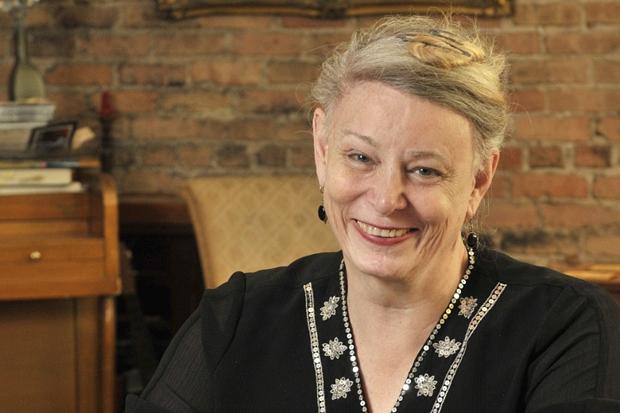Reich’s reasoning supposes that the point of an economy is jobs, jobs, jobs, and that spending assures jobs. The writer Pascal-Emmanuel Gobry calls such a view “productionist,” as against “creativist,” and admits (as I do) that in the very short run it is true. 13 The economy in the short run is indeed a treadmill of production and consumption that can stop running if whacked with a sledgehammer, as for example the Greek economy was in 2015 when the banks were closed. In a year of mass unemployment caused by great whackings— 1933 in the United States and Germany, for example— the Keynesian trickle up from expenditure is correct. By all means, dig holes and fill them up and then dig them again, and pay the diggers/ fillers with newly printed currency. (On the other hand, estimates of the “multiplier” on government expenditure even in 1933 have come in at below 1.0.) But in a more typical year of mismatched jobs and skills, the Keynesian argument is incorrect. Nor is it correct from peak to peak of the business cycle, for which only a creativist view makes economic sense. In the long run we get better off only by betterment, not by spending. 14 If spending worked, we could enrich ourselves endlessly by printing money and handing it out in steadily increasing sums to those high-spending poor— an unlimited miracle achieved merely by printing little portraits of George Washington. In nonmiraculous economies, during the long run and even in most of the short run, spending on an auto or TV has an opportunity cost of spending on food or education. There is no free lunch springing from a trickle down (as the Republicans say), or a trickle up (as the Democrats say), from mere spending. We get better by getting smarter, only, not by miraculous trickles up or down.
McCloskey, Deirdre N. (2016-04-21). Bourgeois Equality: How Ideas, Not Capital or Institutions, Enriched the World (Kindle Locations 1410-1423). University of Chicago Press. Kindle Edition.


Recent Comments